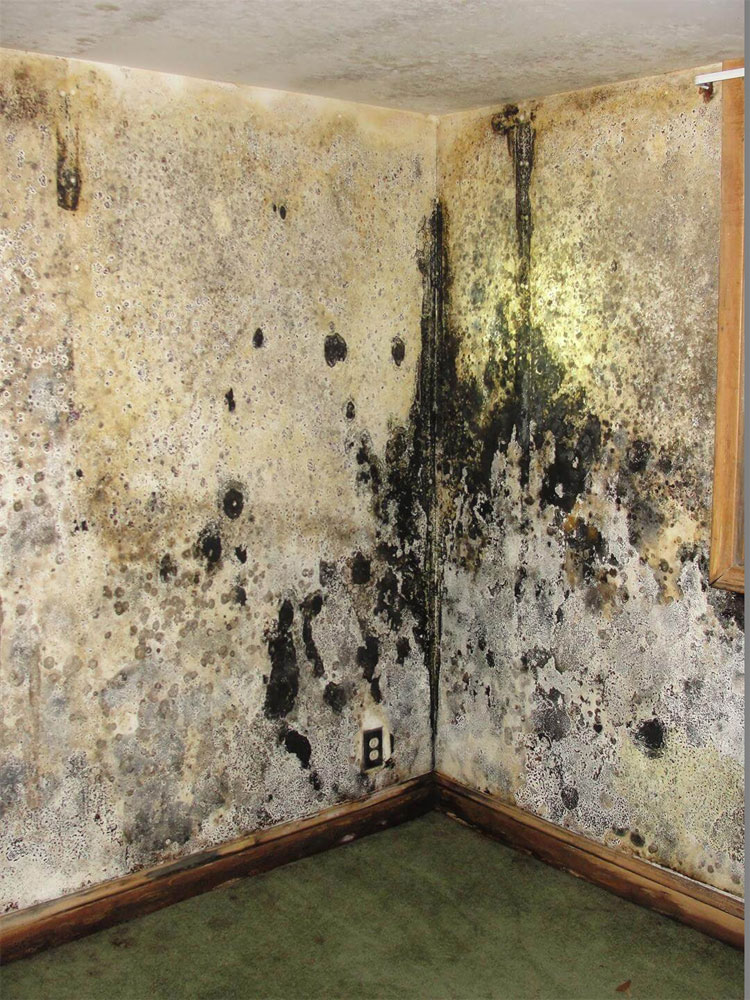
SEC are experts at mold inspection and identification for commercial and residential clients.
SEC works with contractors, building owners, and facility managers to ensure that any mold and/or moisture damage is located. We can test for mold in the air, on surfaces and on bulk materials. Many types of mold can be hazardous to human health including viable mold. Our capabilities include testing for both viable and total mold. Our labs and microbiologists adhere to strict quality control methods and we are capable of performing microbial investigations in order to locate the source of the mold problem.
Mold is serious health concern – trust the experts at SEC.
Our inspectors have the extensive educational background to effectively diagnose moisture and mold-related issues. Our inspectors understand fungi, sampling strategies, knowledge of fungi, aerobiology and how these organisms can effect health. SEC is focused on industrial hygiene and environmental health and all of our work is performed by or under the direction of a Certified Industrial Hygienist (CIH). Our assessments are performed using the latest scientific based procedures and our staff stays up to date with the latest developments in this ever-changing field.
The Danger of Mold in Buildings

What is Mold?
Mold is a form of fungi that can be found year round in both indoor and outdoor environments. There may be over 1 million types of molds and many people are exposed to several hundred different species of mold on a daily basis. Outdoor mold can be found in soil, on plants or on dead and decaying matter. Many molds found inside are brought in from an outdoor environment. Like other fungi, molds can produce spores.
Spore cells can spread easily throughout the air and can remain airborne until they land on a material that can be used as a nutrient source. With the right amount of moisture present, the spores will grow.

Mold In Buildings
Mold-related problems in buildings can cause discomfort and significantly impact health. Damp indoor environments are associated with respiratory symptoms, nasal symptoms, asthma exacerbation, and hypersensitivity pneumonitis. In some cases the exposure risk is serious and can be life threatening. In a damp environment building materials may degrade and begin to fail. Mold can also be a concern especially when there is flooding, pipe leaks, roof leaks or sewer backups. SEC has the knowledge and experience to detect mold in your building, from various sources, so you can keep occupants healthy and safe.
PROTECT YOUR HOME OR FACILITY
FROM COMMON ENVIRONMENTAL HAZARDS

